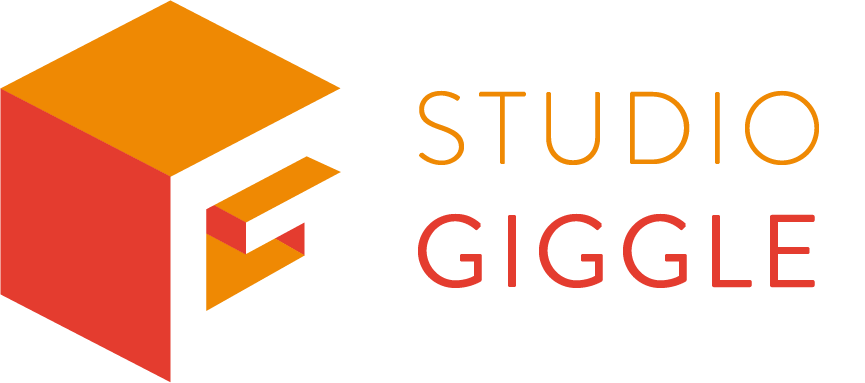Last week we explored the role that VR was playing within the education industry to help change the way that children learn, interact and see the world. This week we’re looking at how VR can help improve the world of healthcare. One of the most beneficial uses of VR in education was its ability to help children with autism and Asperger’s: the same kind of technology can be used in healthcare to improve the lives of vulnerable patients and medical professionals alike. The effects of using VR can even help hospitals to save money by boosting the morale of the patient, which can help shorten the time spent in hospitals.
One of the main similarities between healthcare and education is its ability to improve the learning process. VR software is being used as a simulator for surgeries and other technical procedures. HumanSim allows medical professionals to practise different scenarios where a patient’s life depends on working as a team, rapid response, or detailed monitoring. They also have the opportunity to try scenarios from different viewpoints, for example, a nurse, an anaesthetist or an obstetrician. The advantages of using technology like HumanSim is that it allows healthcare professionals to learn new skills, as well as refreshing existing ones in a safe environment, without causing any danger to the patients.
One huge benefit of VR is that it can stop the brain from processing pain. Farmoo is an app that has been created to help distract the mind of chronic pain sufferers, particularly teens with cancer. Focusing on a VR world helps to alleviate pain and release stress. The technology is used to distract their brain and confuse the pain pathway by drawing the patient’s mind to something more soothing. There are even examples of similar software being used during root canals and other dental surgeries. Some of the uses that we mentioned in our education blog could also be used here, especially the Google Expedition app, could also be used to distract and entertain a patient by allowing them to see and learn about the world.
Medically, VR can also help to seriously improve the lives of people suffering from incurable conditions. Globally 135 million people are affected by low vision or visual impairment such as macular degeneration. Some of these conditions can not be corrected by surgery, medicine or glasses and as a result, it hugely affects the sufferer’s lives. But a company called IrisVision has created a VR experience that can change this. The headset containing a smart-devices, films live video and then projections it into the headset in a way that the user can see clearly. It also provides patients with a way to magnify objects without losing awareness of the overall environment. By wearing the headset, patients can go from having a limited foggy vision to having 20/30 vision. In some cases this can give a patient their life back, allowing them to continue their hobbies, see their loved ones in detail, and enjoy being outdoors.
On the other end of the scale VR can also allow medical trainees to experience conditions that they may not be able to understand. This allows them to better understand the pain that their patient is in and therefore give the right treatment. A company called Embodied Labs has created a series of VR experiences that does just that: We Are Alfred is a VR experience that aims to let young medical students understand what it’s like to live as a 74-year-old man with visual and hearing impairments. Each user can be an Alfred for 7 minutes and experience life from the older patient’s perspective. Other scenarios run by Embodied Labs include living with Parkinson’s, dementia, and having the end of life conversation.
All of this is just another way of proving that VR isn’t just about gaming, it can change the world that we live in, for the better. Next week we’ll be exploring more unusual uses of VR including how the Military was one of the first early adopters of the technology, and how it can change our shopping habits.
If you want to know more about how Studio Giggle could help you with all things AR and VR then get in touch by calling us on 0117 972 0081 or email jon@studiogiggle.co.u


